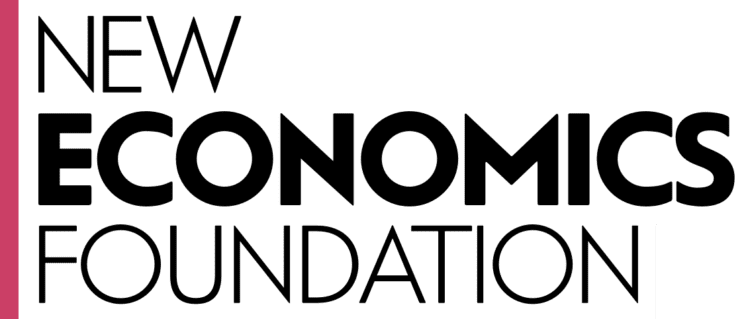Outcomes evaluation is about measuring the actual change that has occurred, from a specific activity, on a range of stakeholders based on the principle of measuring what matters to stakeholders.
We use the seven principles of measuring what matters to underpin a thorough approach to designing and undertaking outcomes evaluation.
1. Measure for social, economic and environmental outcome: measuring the positive or negative changes in people’s lives, communities or the environment as a result of policy or project activity.
2. Measure with people: They are uniquely positioned to identify the effects of an activity, whether positive or negative.
3. Value the things that matter most: making social and environmental outcomes visible and assessing them on the same terms as traditional costs and benefits.
4. Be responsive: providing evidence to inform future implementation and decision making, requiring decision makers to be willing to learn.
5. Avoid over-claiming: identifying the difference that is made, and how much can be attributed back to the policy or activity.
6. Transparency and accountability should inform everything: justifying why the measures have been chosen.
7. Measure strengths as well as risks and deficits: focusing on how best to enable people to succeed, not just why they fail.
In an outcomes evaluation we:
- Work closely with stakeholder groups to set out our understanding of the Theory of Change. A theory of change describes the process through which change occurs and how change happens. Those involved “tell the story” of how the intervention affects them.
- Measure the extent to which the outcomes identified through this process happen.
- Work with organisations to create bespoke measurement frameworks that help them to measure the change for their stakeholders in a timely and proportional way (i.e. we don’t overburden them).
- Work with organisations to help them understand how much change happens and crucially, how much of that change is down to them. See the NEF report, Small Slices of a Bigger Pie.
